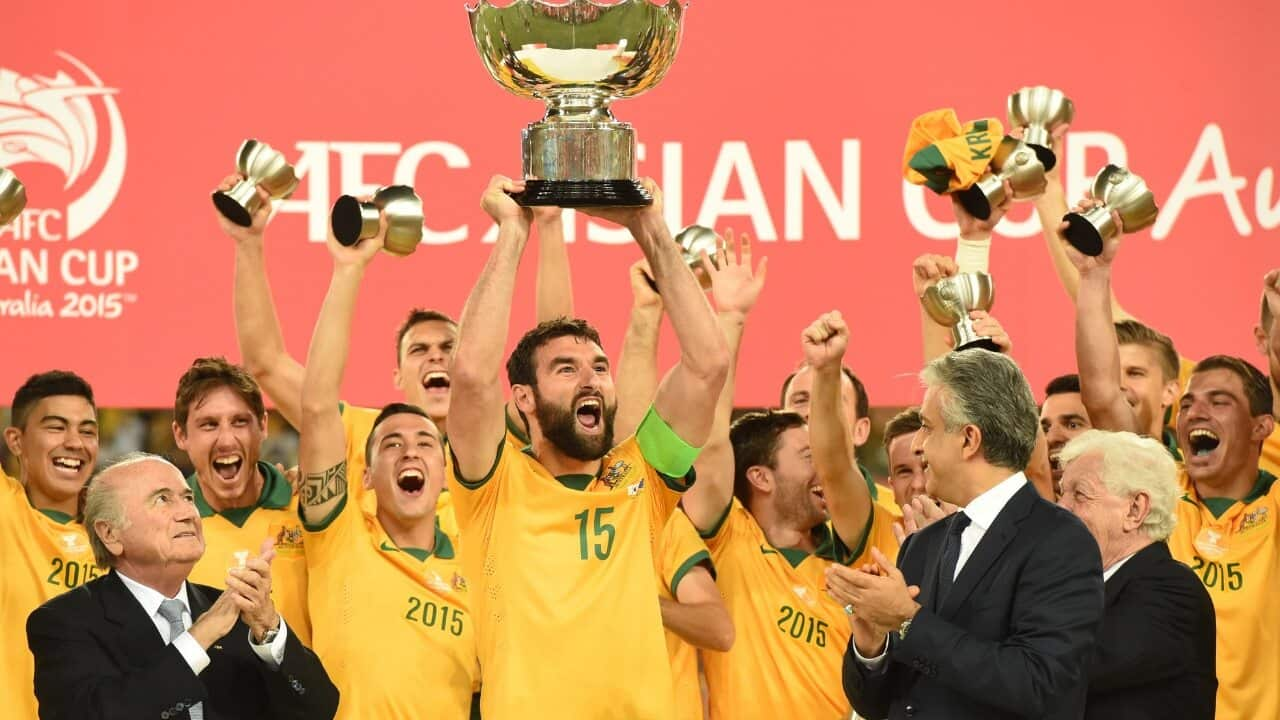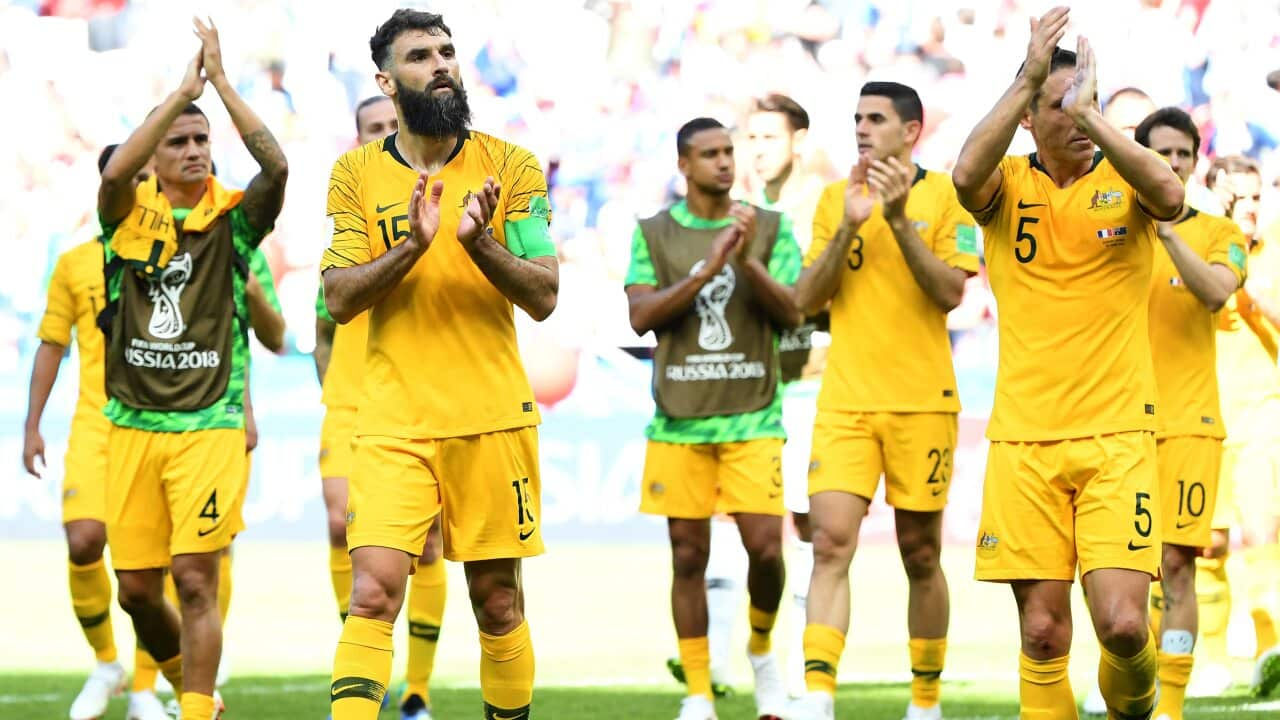Mention Australia in Asian football terms and it is usually Tim Cahill’s name that comes up.
He burst into the continent’s consciousness at the 2006 World Cup when the Socceroos were part of the Asian Football Confederation but representing Oceania. He stayed there until his retirement.
He was a counterpart of those members of that Asian golden generation whose names roll off the early 21st century tongue, players such as Park Ji-sung, Shunsuke Nakamura, Ali Karimi and Sami Al Jaber.
Jedinak deserves similar status. His retirement made plenty of headlines in Australia, as you would expect, but should have been a bigger deal all around the continent.
There didn’t seem to be many mentions of the 35-year-old in various domestic media.
Perhaps his position as defensive midfielder did not help, a position not best suited to grabbing headlines, but then this was a player who scored his fair share of goals - in successive World Cups no less.
Jedinak is one of those rare players who went to the biggest event on the planet three times. There are not many other Asians who can match that.
Only genuine legends such as Saudi Arabia’s Al Jaber and Hong Myong-bo of South Korea managed more, players revered in their homelands and famed throughout the continent.
The fact that he scored against the Netherlands in 2014 and France and Denmark in Russia four years later, heavyweight opposition indeed, should be common knowledge in Asian football circles.
And it was not just the World Cup - Jedinak more than played his part on the road to Russia.
Asia does not have the best history when it comes to intercontinental World Cup playoffs. There was Iran’s 2-1 loss against Ireland for the 2002 tournament, Bahrain losing to Trinidad and Tobago for the right to go to Germany and then against New Zealand four years later.
Jordan were thrashed by Uruguay in 2013 but then Jedinak stepped in to score a hat-trick against Honduras and Australia were going to Russia.
OK, the Central Americans may have been a welcome draw but when the pressure was on the skipper stepped up.
Again, it was a performance that should have been shouted from the rooftops from all four corners of Asia as the Asian Football Confederation was given five representatives at the World Cup for the first time ever.
Perhaps Jedinak did not get the fame he deserves as his time in England was spent more in the Championship than the Premier League, but there were three solid seasons in the top tier with Crystal Palace - and the Eagles said that he was a club legend in reaction to his announcement.
His time in the second division was with Aston Villa, former European champions and an institution of some size.
Certainly one that is comparable to Everton - yet Cahill’s goals for the Toffees made more headlines and had a gift for staying in the spotlight.
Jedinak lifting the Asian Cup put the player in a very select club. He was the coolest of customers and never let his team down and the same can be said in Asia.
Mile Jedinak should be talked about as one of Asia’s best and biggest stars.
He has had a fantastic club career in Australia and England, has shone at World Cups and lifted the Asian Cup.
Such a record stands up against any of Asia’s greats and that is how the Australian should be regarded.












